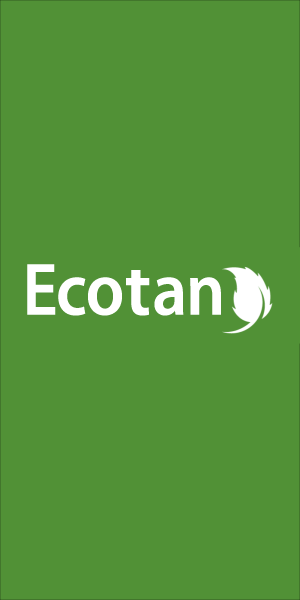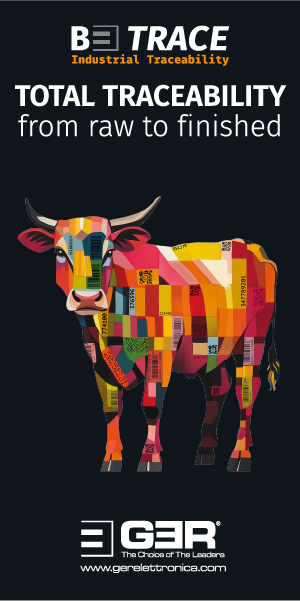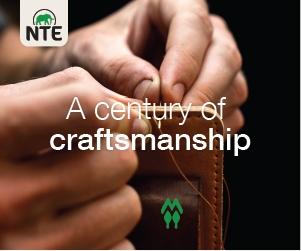‘Be fearless in challenging stereotypes’

Tanning body COTANCE has celebrated the ‘dedication, ambition and success’ of three female leaders in the leather industry.
To coincide with Women’s History Month this March – which is increasingly being noted in the US, Europe and Australia, encompassing International Women’s Day on March 8 – European tanning body COTANCE has celebrated women working in the leather industry, in a bid to both highlight their successes and to inspire more women to join. While traditionally a male-oriented industry, the percentage of women is slowly increasing – particularly as the heavy manual jobs give way to more automated processes as well as sustainability-focused, marketing or management roles. In tanneries and leather processing, the gender divide stands at around 25% females to 75% males, according to COTANCE, but this jumps to around a half when it comes to leathergoods manufacturing roles.
Within these figures are some remarkable women driving the industry forward in various ways. The three that COTANCE chose to celebrate are Chiara Mastrotto, president of Italy’s Gruppo Mastrotto; Marie Hiriart Carriat, president of French leather association Fédération Française de la Tannerie Mégisserie; and Ulla Schiffers, sales manager at Pulcra Chemicals of Germany.
Embracing opportunities
Gruppo Mastrotto was founded by Arciso Mastrotto in 1958; Chiara Mastrotto is the third generation of the family to run the tannery. She presides over more than 2,000 employees and oversees operations in Italy, Brazil, Mexico, Indonesia and Tunisia. Ms Mastrotto describes her “mission” as the “sustainability journey” of the group. She introduced sustainability reporting in 2021 and its fourth report, published last October and covering 2022, showed the group's energy consumption decreased by 9% from the previous year and it is almost sourcing all electricity from renewable sources. In 2022, it announced all leathers passing through its logistics hub, Gruppo Mastrotto Express, were carbon neutral, following a series of investments. “By fostering innovation and adopting more sustainable tanning processes, we demonstrated our commitment to environmental responsibility. Women can play a pivotal role in driving this transformation, advocating for responsible production, and engaging with stakeholders to promote sustainability,” Ms Mastrotto tells COTANCE.
In terms of female representation in the group, women make up 26% of factory workers and 51% of office employees. Females make up 57% of executive posts, as well as half of the board. "Each sector, including the leather industry, has its specificities,” she adds. “However, I believe that in terms of opportunities, the most important aspect to focus on is merit. When merit becomes the driving factor behind hiring and promotions, the gender issue is also resolved.”
Last autumn, Ms Mastrotto spoke at the first Italian edition of Forces of Fashion, an event organised by Vogue Italia. Her seminar, ‘Changing skin: the rediscovery of a circular material’, focused on sustainability issues in the tanning sector, particularly the importance of leather in the fashion industry.
Questioned on her advice to women entering the industry, she says, “Embrace opportunities for learning and innovation, be fearless in challenging stereotypes and actively seek mentorship and networking. Our industry offers a dynamic environment where sustainability, craftsmanship and technology converge, providing a rich ground for professional growth and contribution. By advocating for inclusivity, sustainability and innovation, women can play a transformative role in shaping the future of the leather industry.”
Technical prowess
On the technical and chemicals side of the industry, COTANCE highlighted Ulla Schiffers. She is from a long line of tanners, with leather industry occupations in her family for the previous five generations. After training as a leather technician at Westdeutsche Gerberschule Reutlingen, she has worked in the German leather industry for more than 40 years, including positions at DyStar and Dr Th Böhme, providing technical support to tanneries. She is currently a sales manager at Pulcra Chemicals and would recommend the career to others. "I have never regretted my career choice and am still enthusiastic about working in the leather industry today,” she says. “This industry impresses with its extremely informal character, its togetherness and the diverse career opportunities."
She has strived to “prove to male employees that women could bring the same competence and stamina". However, it has been a lonely path: “There are hardly any other female leather technicians in these areas,” she admits. “The proportion of women in this job is perhaps a maximum of 5%. In our company, I am the only woman in technical support with several male colleagues.”
Significant changes
Marie Hiriart Carriat runs the Remy Carriat tannery, founded by her grandparents in 1927, near Bayone in the French Basque Country. Carriat started off making saddle leather before moving into furniture upholstery and later into high-end leathergoods, counting Hermès among customers. Ms Carriat began working with her father in the tannery in 1992, initially as a sales assistant, before taking over as the head of the company in 1999. "The Remy Carriat tannery has always been a place where women have played a pivotal role,” she says of the gender mix. “My grandmother co-founded the tannery with my grandfather, Rémy Carriat. While he focused on production, she managed the administration. Subsequently, my mother worked alongside my father for many years, contributing significantly to the management and operation of the tannery.”
There are currently eight women working in production at the tannery, three in quality control and five in administration, totalling 16 out of 75 employees, or 20%. Ms Carriat has not been short of accolades over the years. These include awards for women in business, being named ‘outstanding business personality’ in the Aquitaine region of France, as well as receiving a National Order of Merit. In June 2023, she was appointed president of the Fédération Française de la Tannerie Mégisserie.
"I would tell young women to come and discover this world,” she says. “Tanning is a profession that deserves exploration. Historically, it was primarily a male-dominated field, especially in bovine tanneries like ours, due to the physical demands of working with large, heavy leathers. However, the industry has undergone significant changes over the years, becoming much more welcoming to women, particularly due to the mechanisation of some tasks. The tannery offers a wealth of career opportunities, whether in production, colour work, product design, research and development, quality control, customer service, environmental management, or corporate social responsibility... the list goes on! There are so many ways in which you can apply your skills and introduce your feminine touch to the exciting world of tanning.”
Photo credit: Shutterstock.































